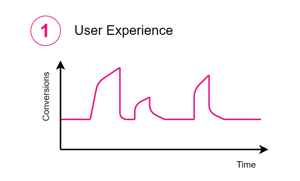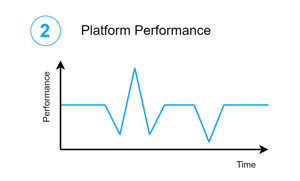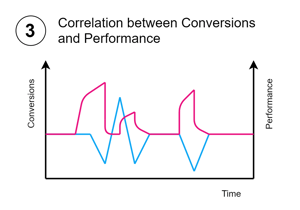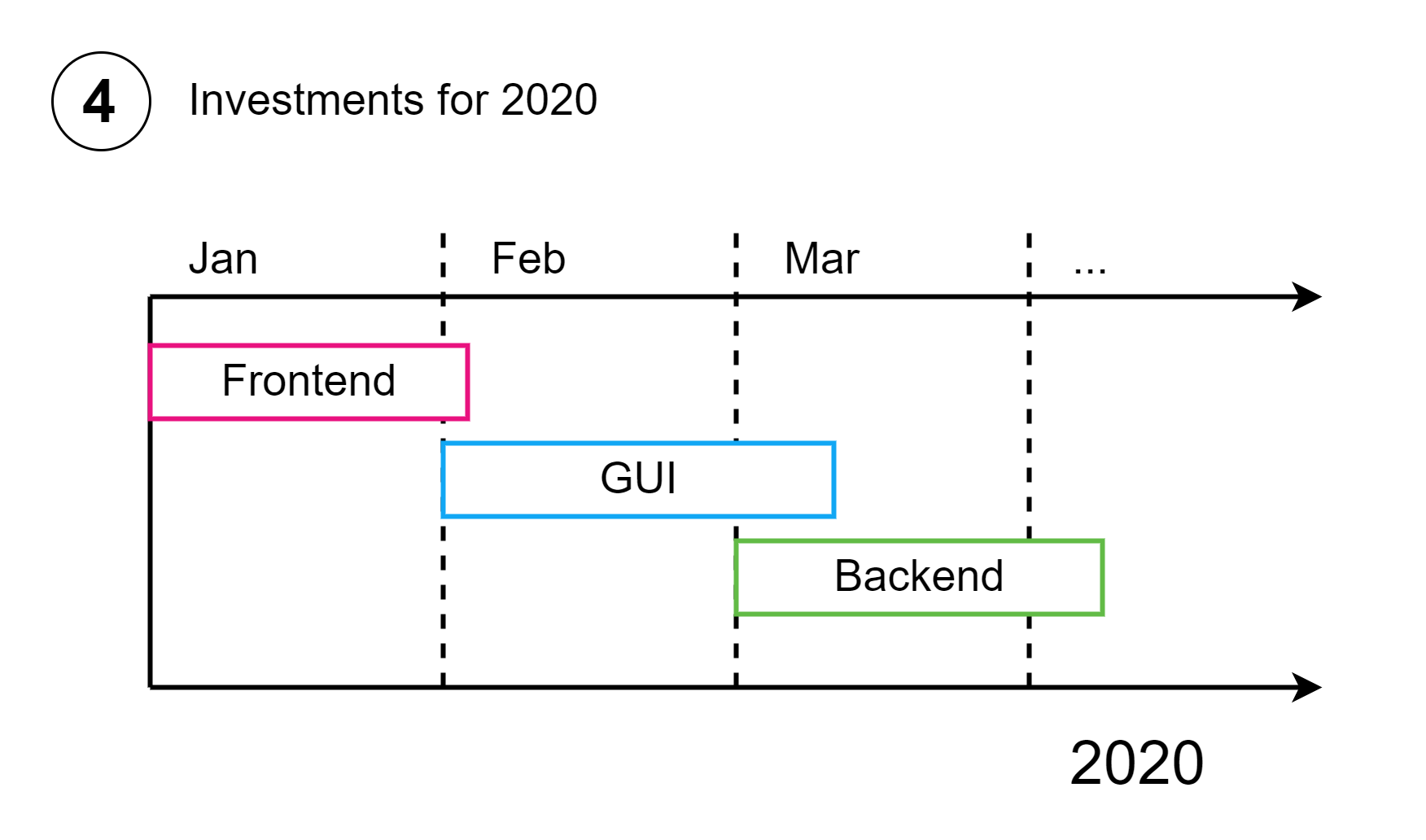Black Friday 2019 was really successful for UK retailers. This is excellent news for retail, given all the challenges facing the sector.
The BBC reported that overall Black Friday transaction values were up 16.5% compared to last year with most of the growth coming from online sales.
One of our customers experienced a 54% increase in online sales as they had confidence in their platform to allow marketing to be more aggressive with their campaigns. This resulted in a multi-million pound uplift in revenue on the big day compared to the previous year.
Overall, there were very few reported website outages compared to 2018. IT directors have really upped their game and prepared their digital platforms more comprehensively than ever before.
Congratulations! But don't stop here. Now's the time to up your game. There are the four key questions you need to answer to get to that the next level for 2020.

There is a treasure trove of data waiting to be unlocked — valuable insights that guide investment decisions for 2020.
1. What was our "true" user experience?
 Customer data from tools like Google Analytics and Omniture will give you more insight into user experiences. Keep in mind, there isn't just a single measure when looking at user performance. This is because knowing what good looks like is can be tricky. It's easier to compare your measurements against baselines because you can at least answer the question, is it better or worse or different. The types of baselines you use include other sale days, normal days and industry benchmarks.
Customer data from tools like Google Analytics and Omniture will give you more insight into user experiences. Keep in mind, there isn't just a single measure when looking at user performance. This is because knowing what good looks like is can be tricky. It's easier to compare your measurements against baselines because you can at least answer the question, is it better or worse or different. The types of baselines you use include other sale days, normal days and industry benchmarks.
Looking at this data, you want to answer several questions. I've listed a few below, but as you look and compare these baselines, you will have your own questions to ask.
- How did we do compare to our competitors?
- How did the user behaviour change from a typical day?
- Was there any relationship between conversion rate and performance?
- Did you have different types of users compared to a normal day?
- Were they more tolerant of performance reduction than users for normal days?
- Was user behaviour different in different markets?
- Where in the website journey, did performance have the biggest impact on conversion rates?
There are limitations in using Google Analytics, as it gives summarised data rather than individual session traces. You may want to use raw session data if you are using machine learning algorithms to understand the possible reasons for people abandoning their journey. If you are using these algorithms, you need to use some expertise in both data and performance to make sure you don't get false correlations.
2. What was the true capacity limits of our platform?
 Your systems did really well. They stayed up and performed fabulously. It's worth taking a deeper dive to make sure you aren't missing anything. Here are some of the questions you may want to ask to make sure you understand your platform as well as possible.
Your systems did really well. They stayed up and performed fabulously. It's worth taking a deeper dive to make sure you aren't missing anything. Here are some of the questions you may want to ask to make sure you understand your platform as well as possible.
- Were there any warning signs of risks or instability in your platform which may trip you up in 2020. Take the time to do a deep dive and go beyond the classical performance metrics.
Need help, take a look at our 7-Pillars of Software Performance.
- Did your teams have to intervene to protect the platform, e.g. asking marketing to stagger campaigns, defensive measures before the sale, unexpected interventions on the day? How much of a difference did these interventions make? What can you do now to prevent doing it next year?
- Did the system behave in a way you didn't expect? It may not have caused you an outage or obvious performance degradation, but you need to ask yourself why it behaved differently to what you expected.
If you are doing this analysis it's worth getting someone other than the people who look after the platform to carry out this deep dive. Sometimes, people who look at something all the time don't notice the faults in the platforms. It's a bit like your grandparents learning to live with faulty wiring by changing a fuse.
3. What is the relationship between platform performance and user experience?
 This is where it gets interesting. You now have a view of user behaviour for regular and sale days. And a deep understanding of the platform performance. Now you want to develop insight into the relationship between the conversion experience and platform performance.
This is where it gets interesting. You now have a view of user behaviour for regular and sale days. And a deep understanding of the platform performance. Now you want to develop insight into the relationship between the conversion experience and platform performance.
Once you understand these relationships, you have powerful levers that can use to improve the overall user experience and drive up conversion rates. Answering this will help you decide where to invest in the user experience for 2020.
4. Where do I invest for 2020?
Based on the outcomes of point 3, you can now build a plan and invest accordingly to create an even better digital platform for 2020.

If you want an independent assessment of where to invest for 2020, call us to arrange a performance audit.
